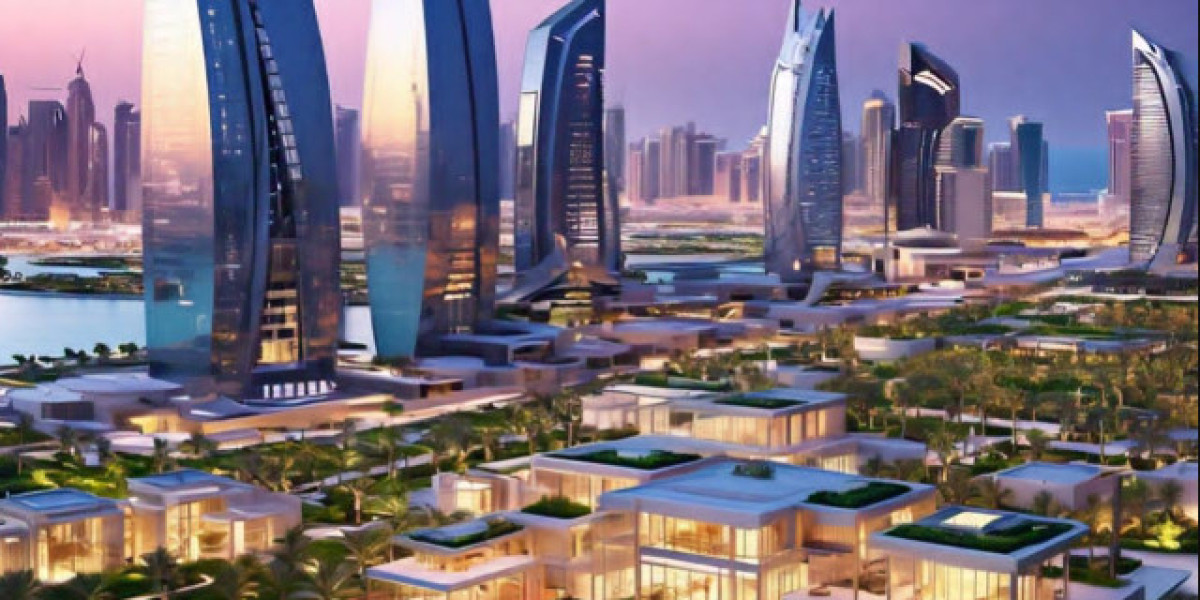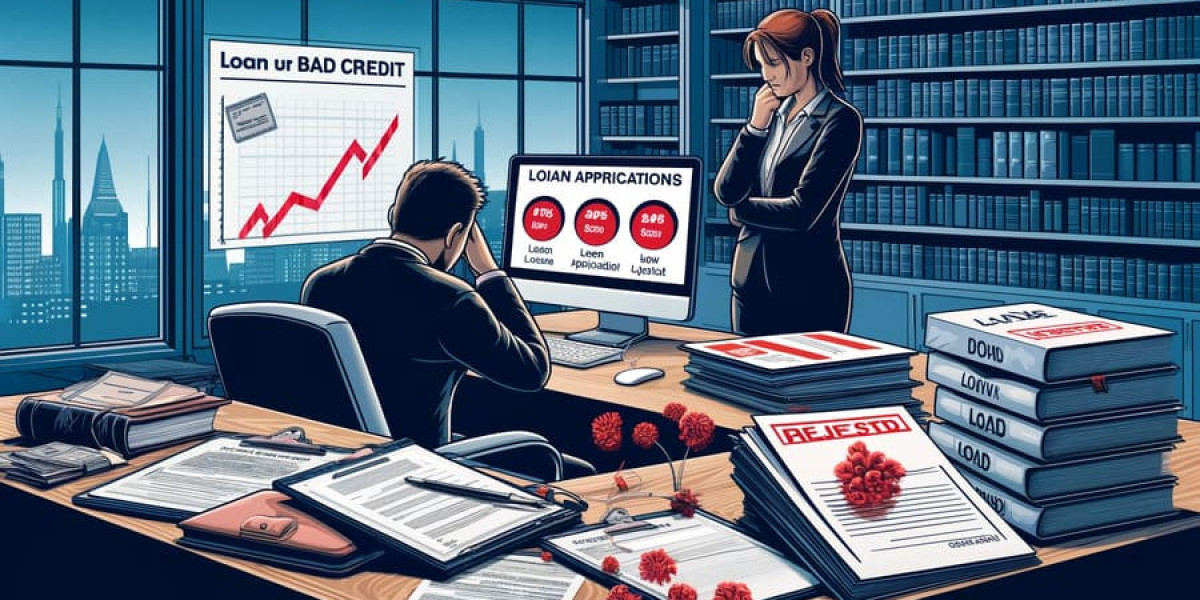Qatar has long been recognized as a major player in the global real estate and investment sectors, largely due to its strategic government policies that create a favorable environment for land investments. With a rapidly growing economy, dynamic infrastructure development, and a vision for long-term sustainability, the government of Qatar has rolled out several initiatives aimed at boosting land investments, including policies that support foreign ownership, provide tax advantages, and ensure efficient property management. This article explores how these policies positively impact land investments, particularly when it comes to plots for sale in Qatar.
Vision 2030: A Long-Term Development Strategy
One of the key driving forces behind Qatar’s success in boosting land investments is the country’s long-term development plan, known as Qatar National Vision 2030. Launched in 2008, this strategic vision outlines the country’s goals for social, economic, and environmental development. A significant component of this plan is the expansion and modernization of Qatar’s infrastructure, including residential, commercial, and mixed-use developments.
The government’s commitment to infrastructure development, such as the expansion of the Doha Metro, the construction of Lusail City, and the redevelopment of The Pearl-Qatar, provides ample opportunities for investors to explore plots for sale in Qatar. These long-term projects not only enhance the country’s livability but also increase the value of land and properties, making them more attractive to both local and international investors.
Foreign Ownership and Investment Opportunities
Qatar’s government has implemented several policies to attract foreign investors, particularly in the real estate sector. One of the most significant changes is the introduction of laws that allow foreigners to purchase land and property in specific areas. These laws have opened up numerous opportunities for international investors, especially those interested in plots for sale in Qatar, to gain a foothold in one of the world’s most lucrative property markets.
For example, the laws governing foreign ownership of real estate in Qatar were expanded in 2019, allowing non-Qataris to buy property in certain areas without the need for a Qatari partner. This move has made it easier for investors to acquire plots in highly sought-after regions such as The Pearl-Qatar, Lusail, and West Bay, where high-end residential and commercial developments are on the rise. By offering clear legal frameworks and removing restrictions on foreign ownership, the government has not only boosted investor confidence but also increased the demand for land and property.
Tax Incentives for Land Investments
Another factor that has boosted land investments in Qatar is the country’s tax-friendly policies. Qatar is known for its low tax regime, making it an attractive destination for investors seeking favorable conditions for land purchases. Unlike many other countries, Qatar does not impose personal income taxes, inheritance taxes, or capital gains taxes. This allows investors to maximize their returns on land investments.
Furthermore, Qatar’s government has implemented tax incentives for businesses in specific sectors, including real estate. Developers and investors who engage in projects aligned with the country’s Vision 2030 development plan, such as sustainable and eco-friendly developments, can benefit from tax exemptions and other financial incentives.
Infrastructure Development and Urban Planning
The government of Qatar has prioritized infrastructure development, making substantial investments in projects that support land value appreciation. By ensuring that areas with plots for sale in Qatar are well-served by modern transportation networks, utilities, and other essential services, the government creates a more attractive environment for investment. These efforts are not limited to Doha but extend to suburban and rural areas, expanding the range of available plots for sale.
For instance, the introduction of the Doha Metro and the expansion of roads and highways have improved connectivity in previously underserved areas. This has opened up new opportunities for land investors, particularly those interested in acquiring plots in the city’s outskirts or newly developed areas like Lusail and Msheireb.
Land Leasing and Development
In addition to purchasing land, Qatar offers opportunities for land leasing, which has become an appealing option for both local and foreign investors. The government has introduced flexible leasing laws that allow long-term land leases in strategic areas. These policies have created an attractive avenue for companies and investors to develop land for commercial, residential, or mixed-use purposes without the need for full ownership.
Leasing arrangements allow investors to benefit from land investments without committing to large capital expenditures. They also enable developers to engage in projects that align with the government’s vision for sustainable growth. Land lease agreements often come with a range of incentives, including reduced lease rates for environmentally friendly projects, further bolstering Qatar’s position as a prime destination for land investments.
Land Investment in the Context of the 2022 FIFA World Cup
One of the most significant recent developments driving land investments in Qatar is the country’s preparation for the 2022 FIFA World Cup. The government’s substantial investments in infrastructure, including new stadiums, hotels, and transportation networks, have created a high demand for plots for sale in Qatar. This demand has led to a surge in land investments, as developers and investors seek to capitalize on the anticipated increase in tourism and business activities associated with the World Cup.
The World Cup has also spurred an acceleration of mixed-use developments, including hotels, residential complexes, and commercial spaces, which have increased the value of land in key areas. With the legacy of the World Cup set to last long after the event, investors can expect to see sustained growth in land values, making now an ideal time to invest in Qatar’s land market.
Conclusion
Qatar’s government policies have created an environment conducive to land investment by focusing on long-term infrastructure development, offering tax incentives, encouraging foreign ownership, and promoting urban planning that enhances the value of land. These initiatives have made the country an increasingly attractive destination for both local and international investors, particularly those interested in plots for sale in Qatar.








